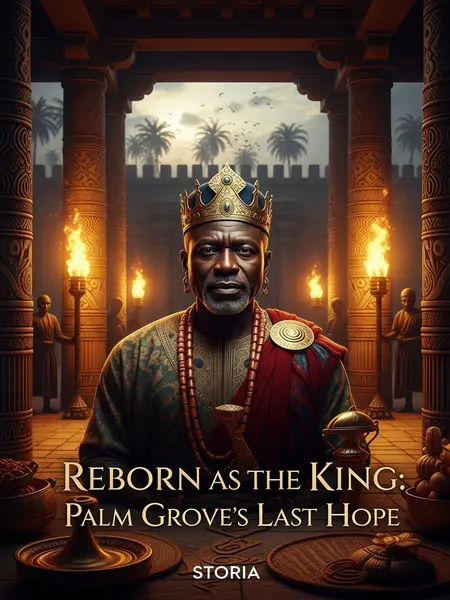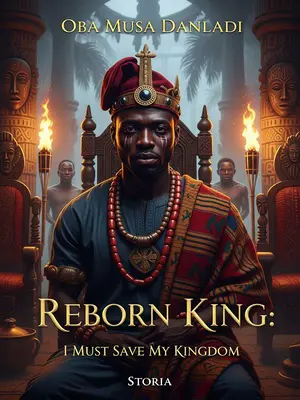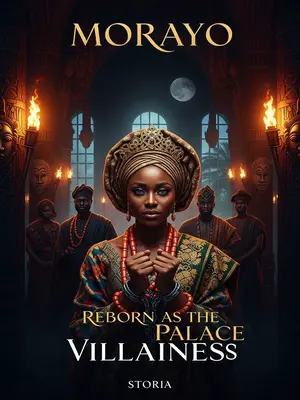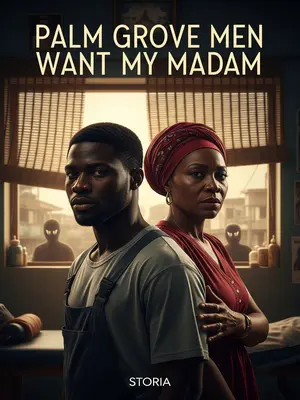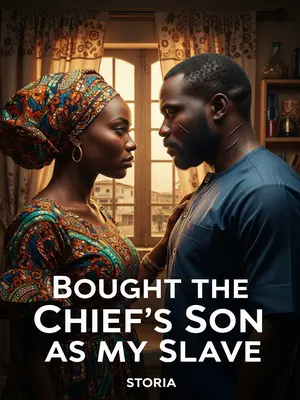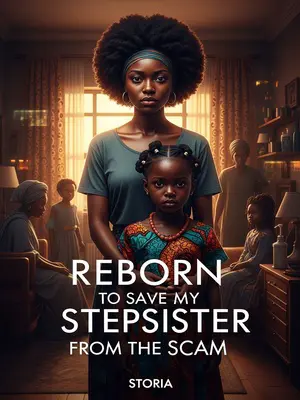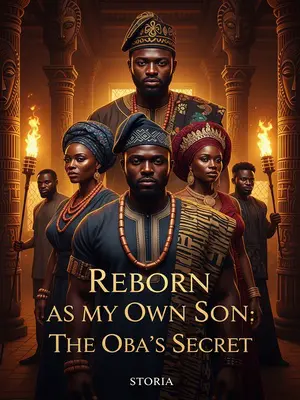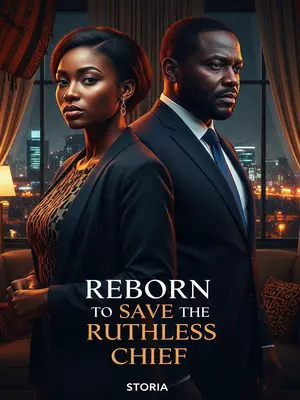Chapter 1: The End That Became Beginning
Sixty-three-year-old Ifedike felt the blood in his body begin to chill, as if life was slowly leaving him.
The windows rattled softly as the evening breeze swept through Palm Grove Estate, carrying with it the distant chatter of neighbours and the faint scent of fried akara from Mama Chidinma’s roadside stand. Ifedike lay there, his frame thin beneath the faded wrapper, hearing keke napep horn dey blast now and then, like Lagos traffic refuse rest. He felt each shiver as a reminder of stories left unfinished, debts unpaid, and words never spoken.
He thought to himself: Palm Grove Estate—so this is where everything will end for me. Even the wall gecko for ceiling dey watch, as if e sabi say something big wan happen.
E be like say na here my whole journey go tie rope, he mused, listening to the hum of NEPA generator in the next compound. He pictured the little garden in the backyard, where the guava tree dey drop fruit every rainy season, and the scent of wet earth dey remind am of home. He also remembered the worn-out bench where he’d once shared palm wine with his brother, Chijioke, under the moonlight. Na so life be. As elders dey talk, no matter how far lizard waka, e no fit forget him belly dey close to ground.
The compound oath in Okpoko Hills, the dreams of Makurdi—how long ago did all those fade away? In this world, whether you drop your cutlass or let your blood spill, whether you stand strong or chase your ambitions, whether you lead the people across the Benue or fight as a champion, in the end, people will still say you dey try stop moving trailer with bare hand. Your brothers and your dreams end up buried under the ground, and you go just accept your fate:
He remembered the hot afternoons in Okpoko Hills, when his sweat would mix with red earth, his voice carrying with laughter and arguments, swearing loyalty before the ancestral shrine. Makurdi, with its wild mango trees and river songs, seemed like another lifetime—one that only showed up in his dreams, when the night was quiet and the harmattan wind rattled the zinc roof. Now, he thought, the world don’t really care if you bleed or you shine; everybody dey hustle, and in the end, dem go just use you as gist for beer parlour, say, 'That man! He try, but wetin e do sef?'
Who no go die? But the wahala be say, my mind still no gree, I still no wan surrender.
He coughed, a dry sound, as the ceiling fan whirred above him. His mind dey stubborn. Even as his body weak, his spirit dey shout, 'I never gree o!'
Ifedike sighed inside, regret just dey flood am as he prepared to close his eyes for the last time.
He reached for the faded photo by his bedside—his wife, Nneka, in her gele, smiling that stubborn smile. Regret pressed on his chest like a wet blanket. He whispered, 'Nne, I for do better... but e don be.'
But Ifedike never expect say, after he close eye for Palm Grove Estate, another day go come wey he go open am again—
His last thoughts drifted with the scent of fried plantain from outside, fading as darkness rolled in, only for a new light to begin somewhere unknown.
